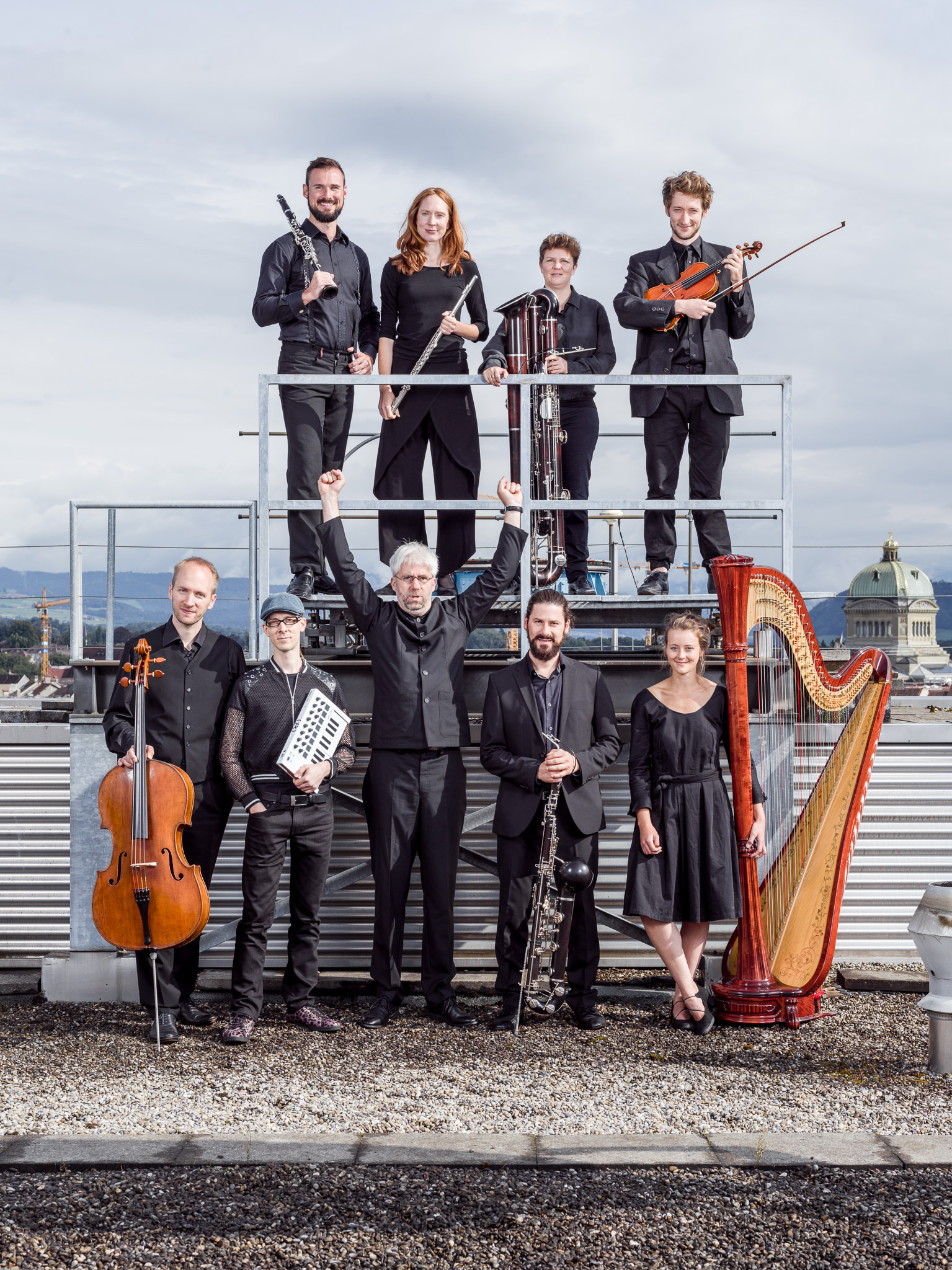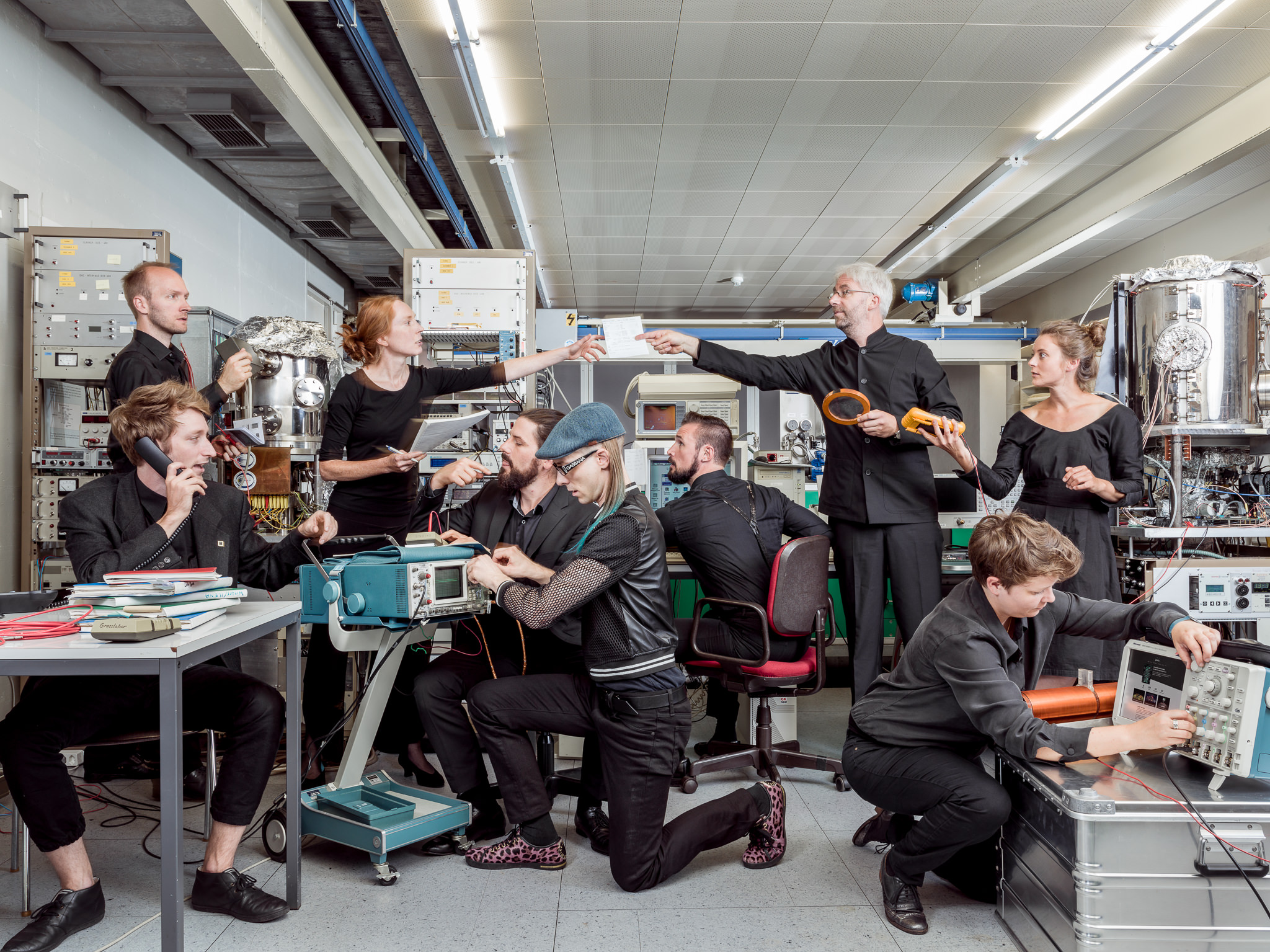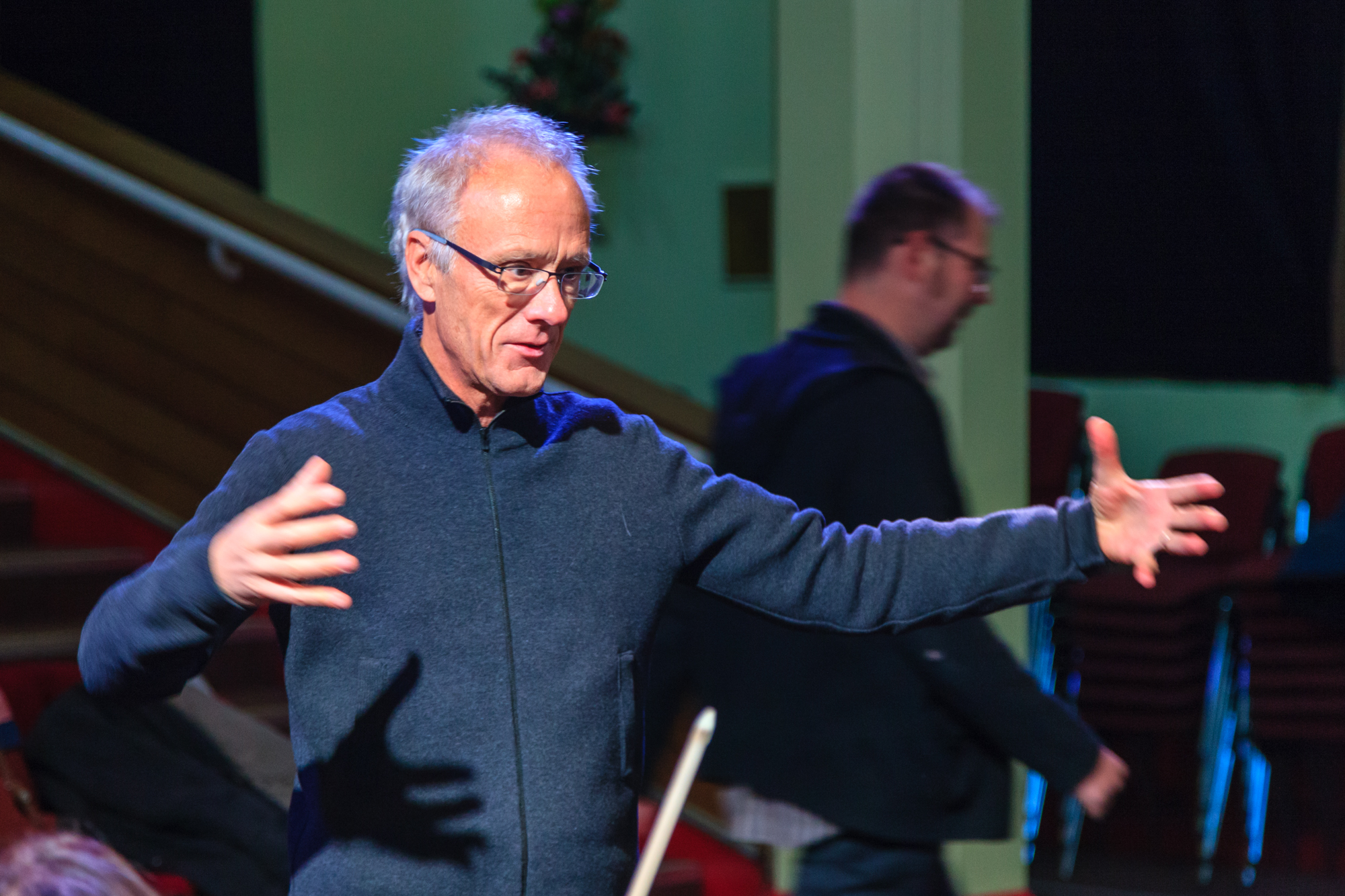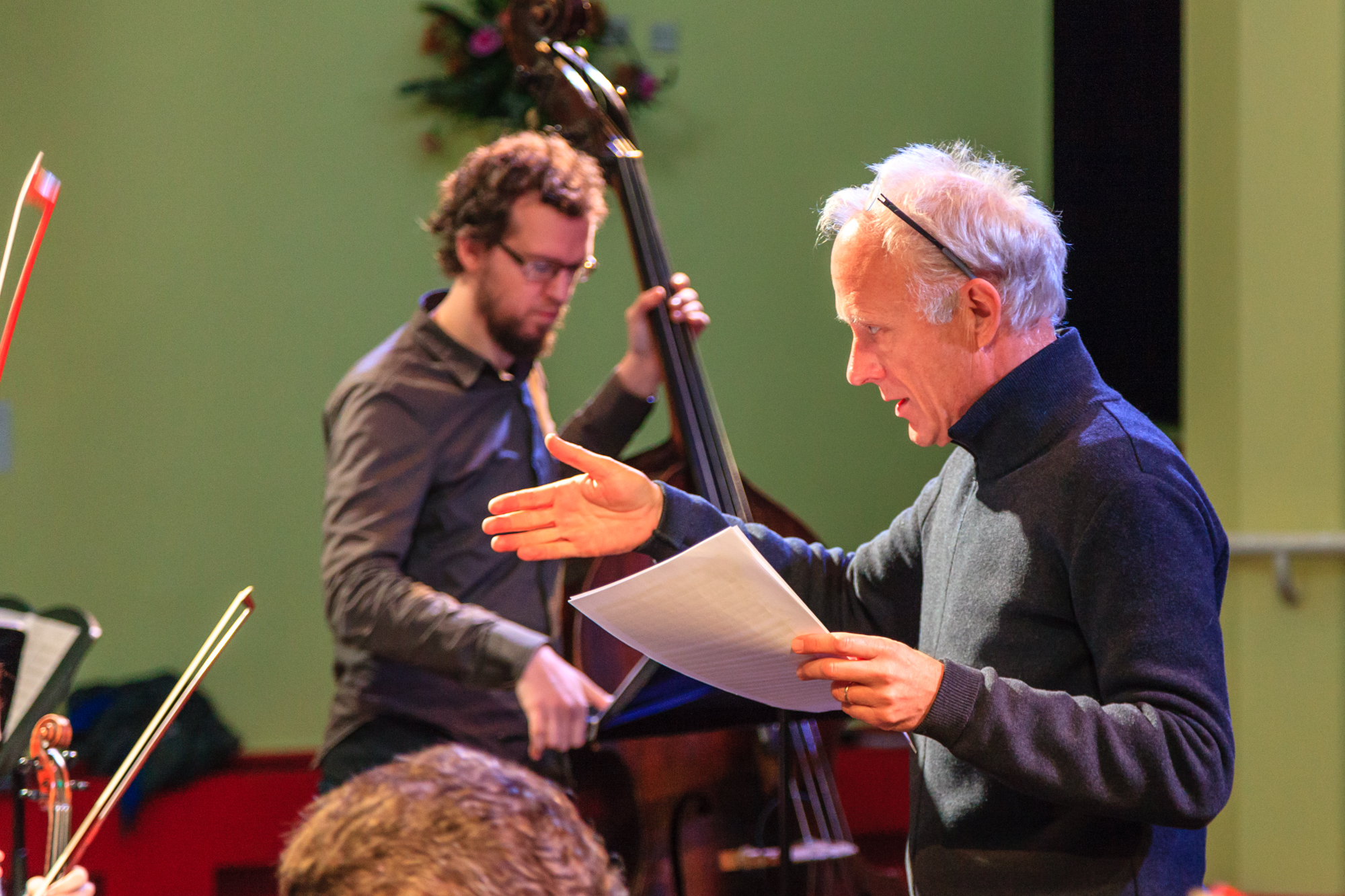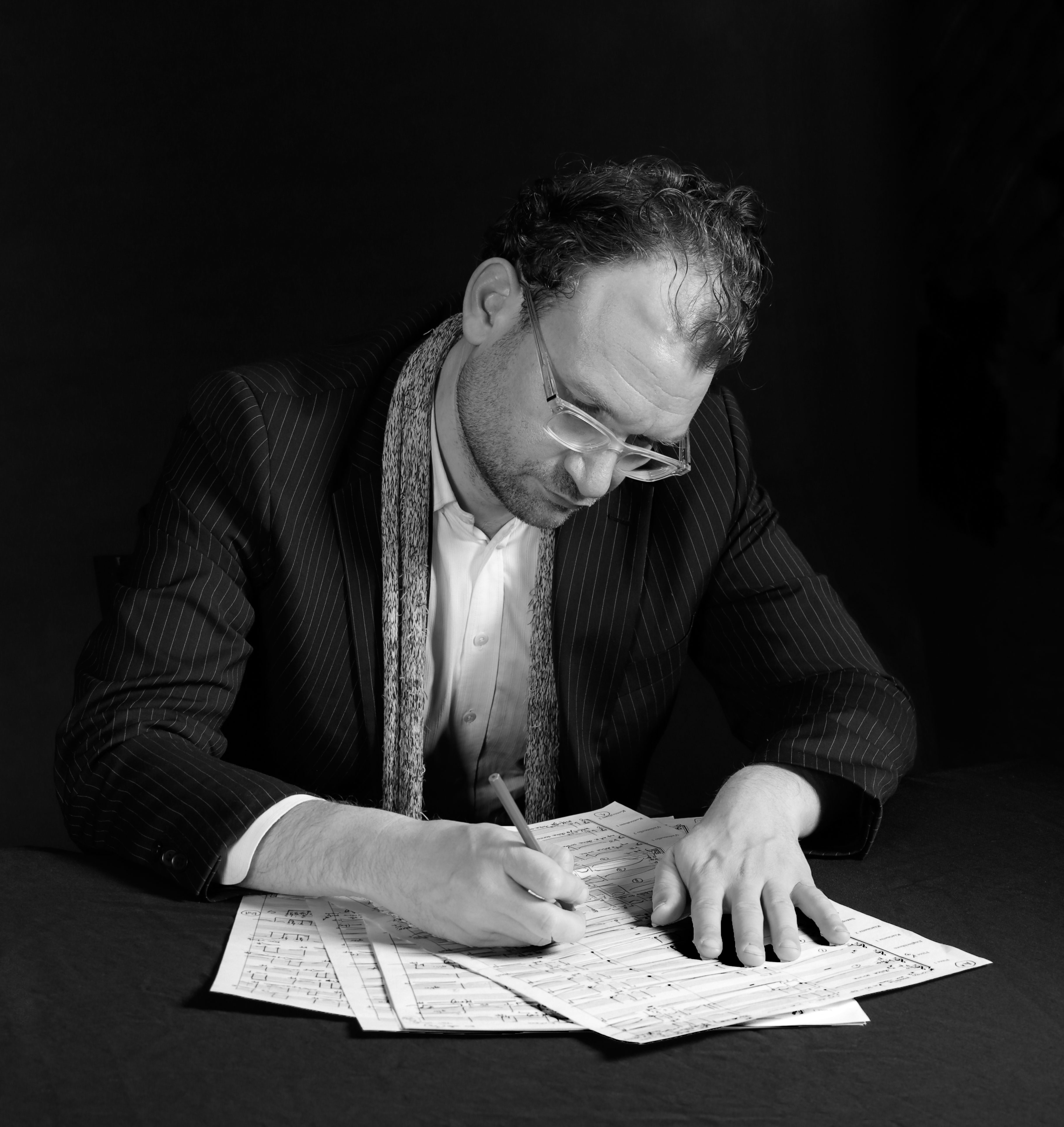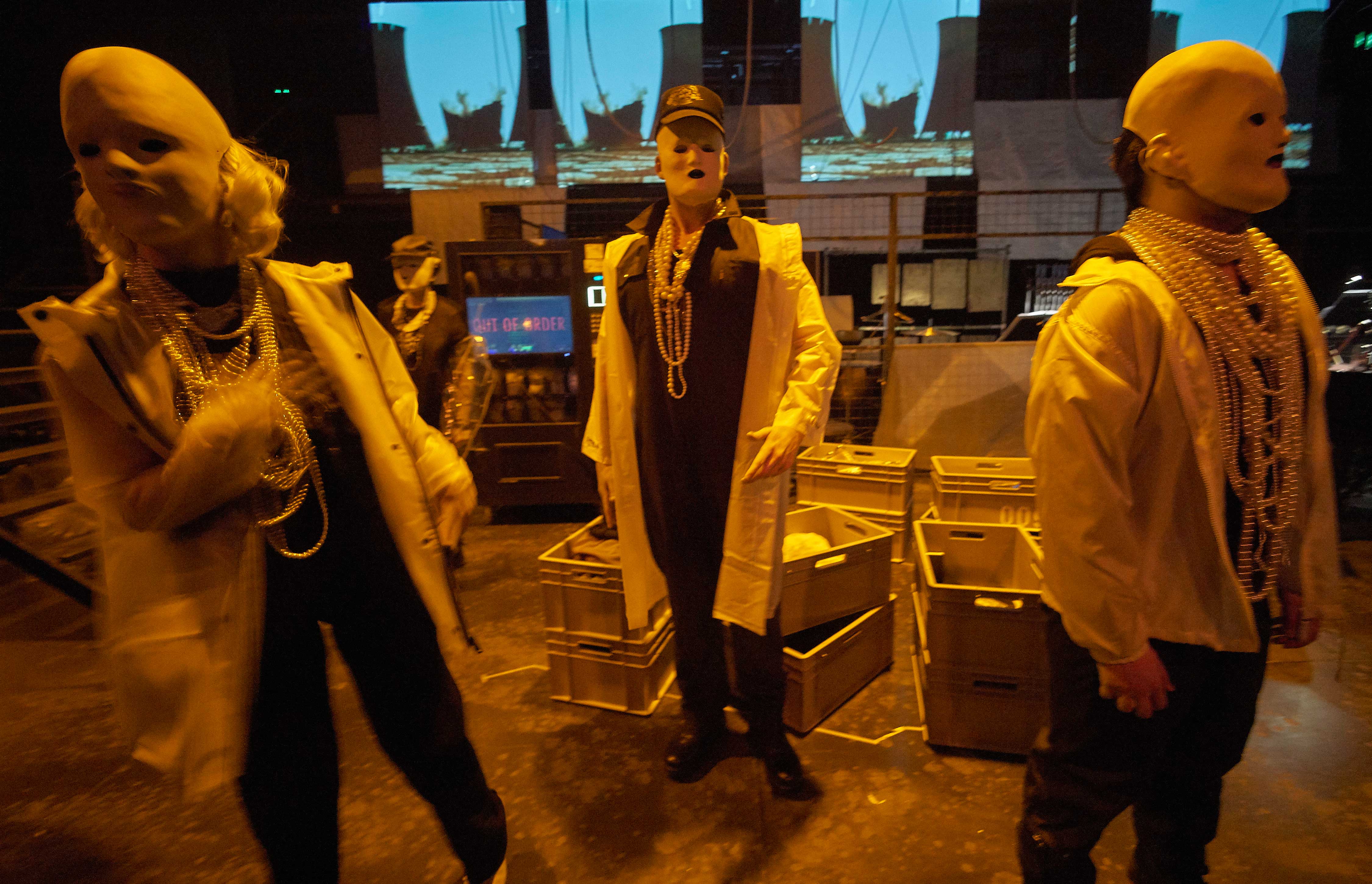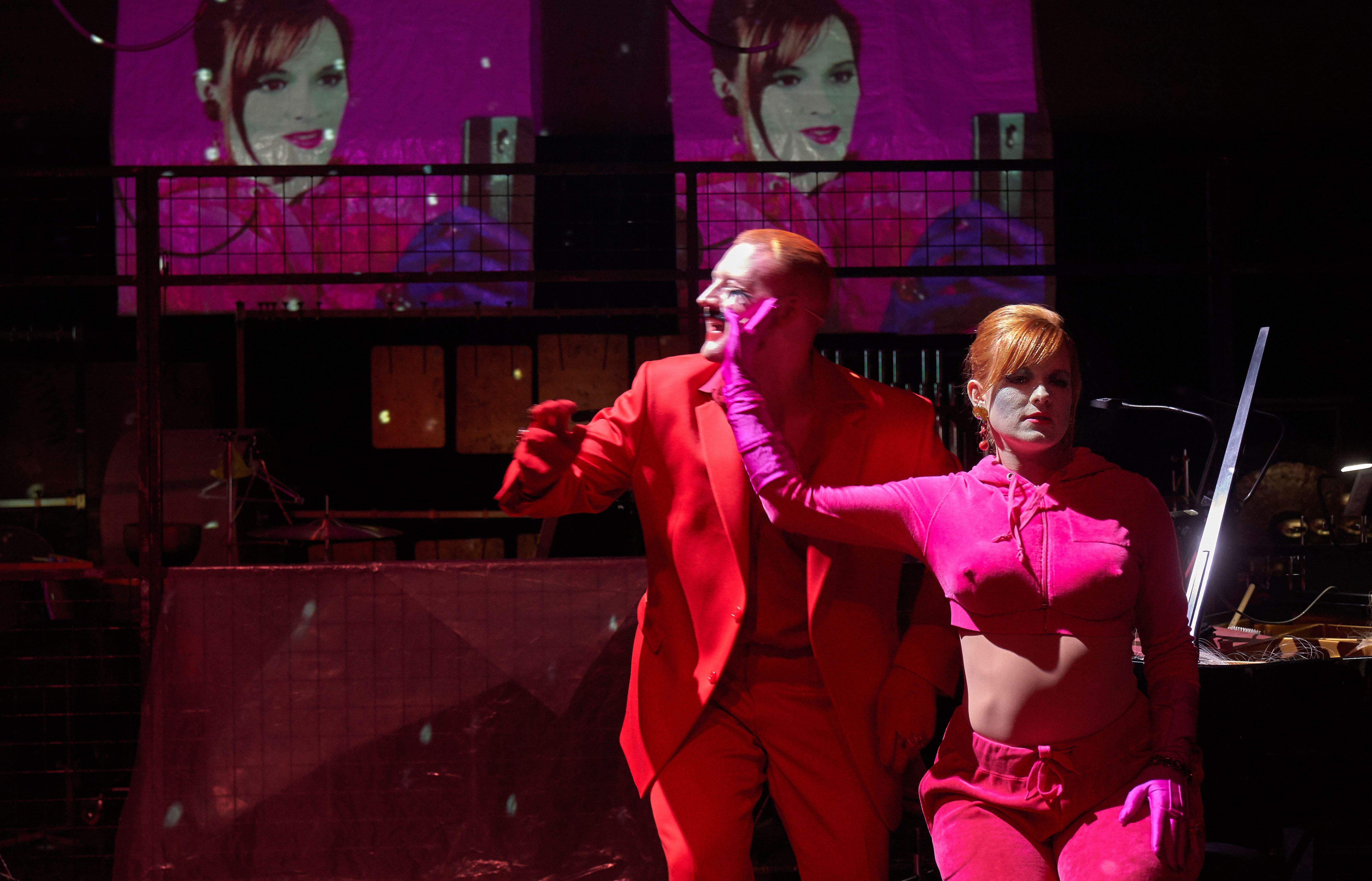Michael Pelzel, Composer in Residence at this year’s Musikfestival Bern, shows the range of his compositional work through numerous world premieres. He can also a renowned organ player and interpreter. A conversational portrait by Friederike Kenneweg.
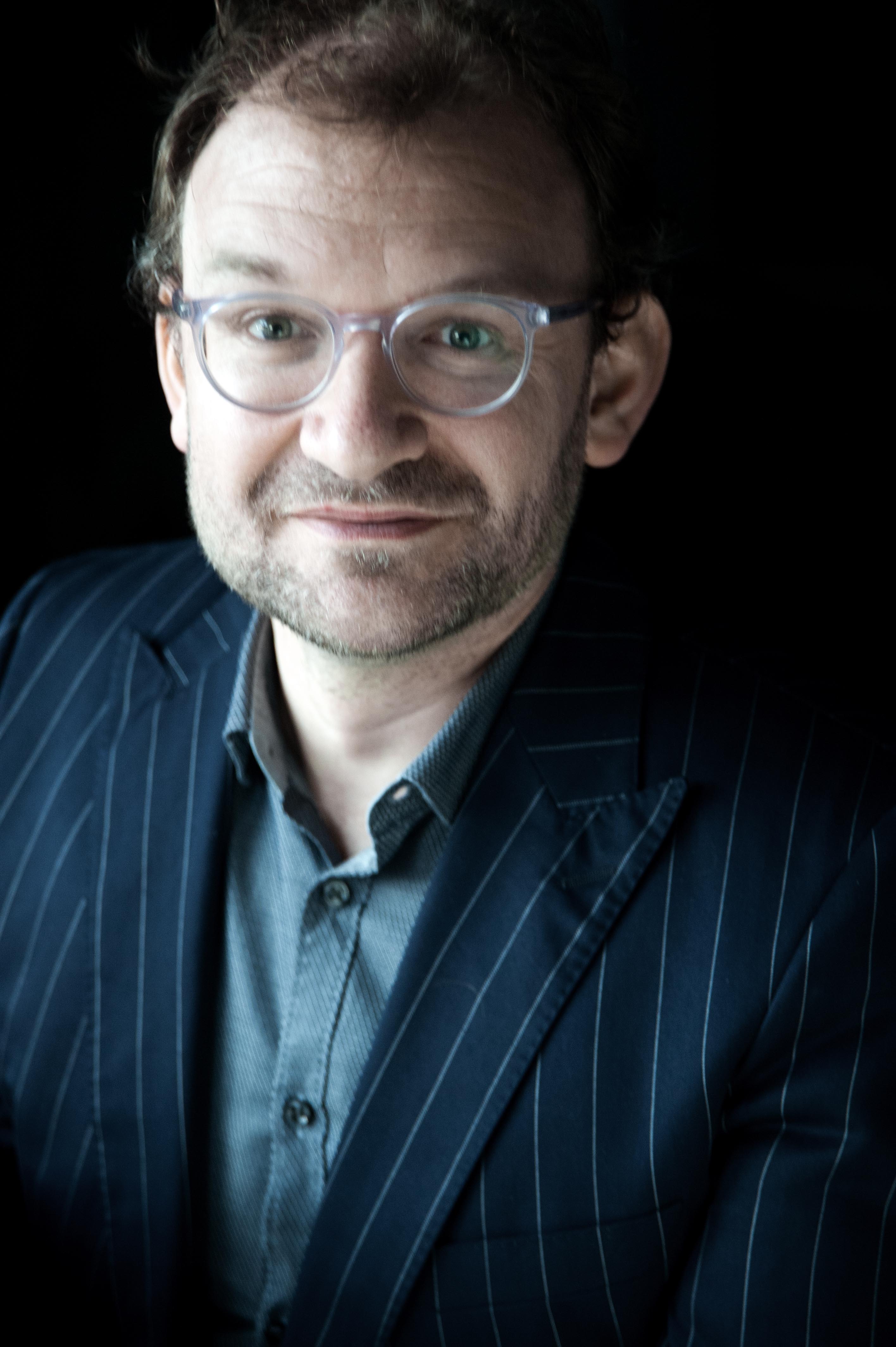
Friederike Kenneweg
When I tried to arrange an interview with Michael Pelzel in mid-July 2021, he was not easy to reach and there’s a good reason for that: the works to be premiered featuring him as Composer in Residence at the Musikfestival Bern are piling up on his desk. “It’s one after the other,” he tells me, when we finally manage to talk. The piece that is in front of him as we speak on the phone is called Aus 133 Fenstern. Although “composer in residence” in Bern doesn’t mean that you actually have to be there for an extended period of time, the conditions at the festival venue have inspired Michael Pelzel to create a special spatial composition.
From the multitude of windows that open out from the PROGR Cultural Center onto the courtyard, the audience is treated to bells, triangles, lotus flutes and ocarinas, played by children and young people and even if the target of 133 musicians is not quite reached, there is no doubt that a unique spatial and sound event awaits the audience.
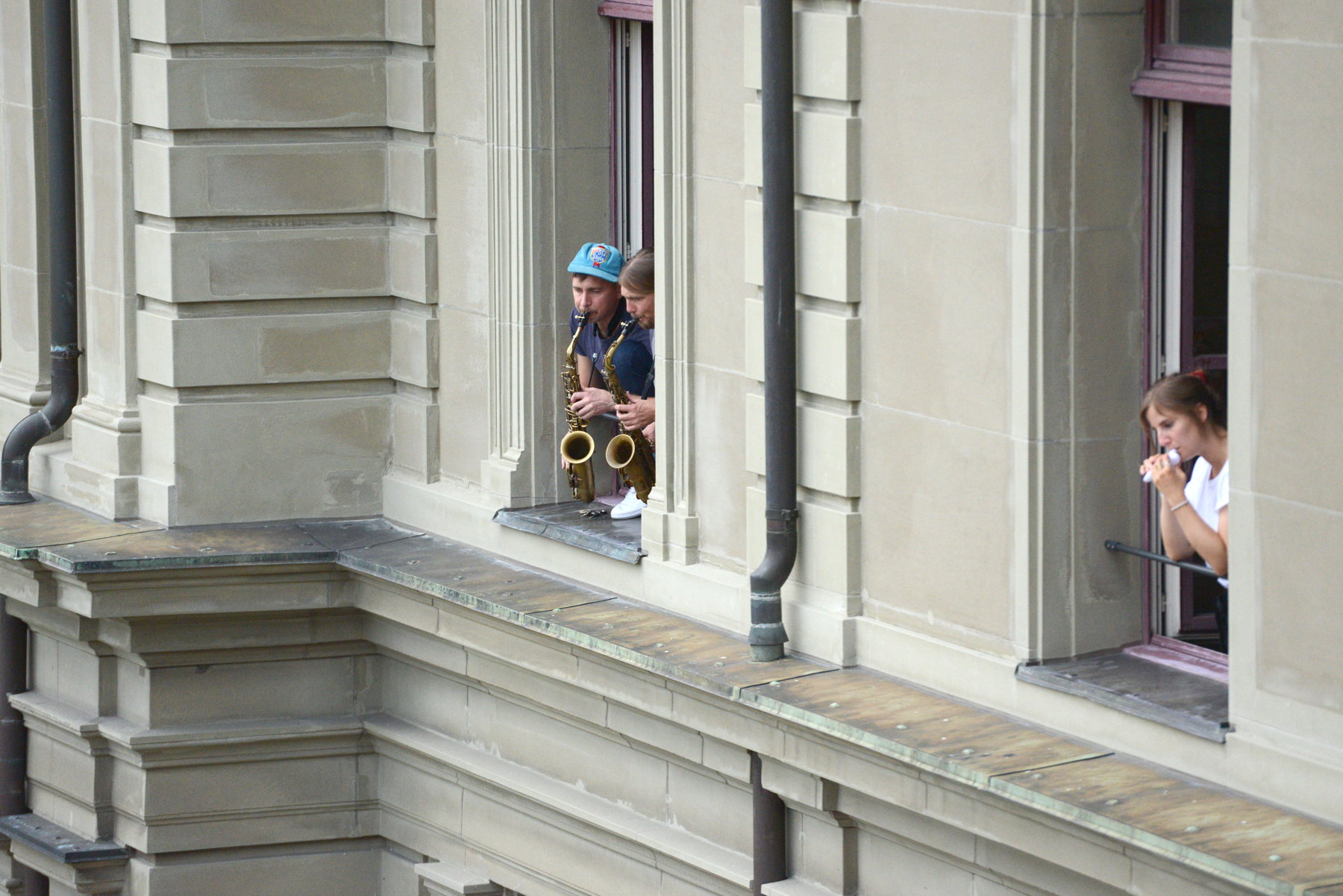
The piece is composed and written out in detail. Pelzel however does not expect the amateur musicians to manage to play in synch with each other under the special spatial circumstances. “Even professionals can’t manage to hit the percussion instruments at exactly the same time,” says Pelzel. But it is precisely this blurring tonal effect, the composer is particularly interested in. “Composers are, after all, always on the lookout for new, unheard sounds and the choral use of these metal percussion instruments is – in my opinion – not yet been explored in its full potential.”
“Micro Arpeggios”
Pelzel’s fascination with metal percussion instruments comes to the fore in several occasions during the festival. In composition Glissomaniac for two pianos and two percussionists, for example, where tubular bells produce this kind of blurs as the two percussionists and pianists play in unison. “Micro-arpeggios” is how Michael Pelzel defines the result. “It’s a bit like a river delta. Many little tributaries, each one with its peculiar course, but all with a common direction, flowing towards the sea.”
Michael Pelzel already combined vocal ensemble and percussion in 2019 in the piece Hagzusa zum Galsterei, premiered by the SWR Vokalensemble at Eclat Festival Stuttgart.
Michael Pelzel also relies on this effect in the vocal composition Luna for eight singers and percussion, with not only the percussionist using instruments, but also the eight singers playing triangles of different sizes. Due to the minimal temporal shift in the attack, metal sound clouds of different dimensions and never entirely predictable arise again and again.
Luna is a work commissioned by KlangForum Heidelberg as part of the ensemble’s series of works “Sternbild: Mensch” (Constellation: Man) and was actually to be premiered elsewhere. But as so often, had to be postponed due to the pandemic.
The work has already been premiered, but so far only in digital form. The “analogue” premiere in front of a physically present audience will now be able to take place in Bern: a special highlight in the context of a concert entitled Ferne Lichterschwärme.
.
Michael Pelzel, La Luna, KlangForum Heidelberg, ‘Uraufnahme’ online june 2021
In combination with Pelzel’s piece La Luna, the programme also includes orchestral works by Georg Friedrich Haas (born 1953) and György Ligeti (1923-2006) and Pelzel’s compositions will be presented together with works by Haas and Ligeti also during other concerts. Probably because there is a certain affinity between the three composers, as – just like Ligeti – Pelzel appreciates intricate micro-rhythms and shares a passion for microtones with Georg Friedrich Haas. Accordingly, the combination of his works with these two greats suits him perfectly: “Between Georg Friedrich Haas, who was my esteemed teacher and György Ligeti, an important musical reference for me in many respects, I feel very comfortable”.
Michael Pelzel, in memoriam György Ligeti: intricate micro-rhythms link the works of György Ligeti and Michael Pelzel, inhouse production SRG/SSR
György Ligeti also plays an important role for Michael Pelzel as an organist. Accordingly, the organ concert with Michael Pelzel as part of the festival will feature Ligeti’s organ work Harmonies from 1967. The composition …stream of debris… by Michael Pelzel, which he will premiere himself, is seen by the composer as part of the same tradition. “It’s also a bit of a tribute to Ligeti, who worked a lot with clusters in his organ music. When I improvise on the organ myself, I also take clusters as a starting point, but I try not to simply repeat that, but also to further develop Ligeti’s approach for the present times.”
Streamed Polyphony for strings, which will be premiered by CAMERATA BERN, is appropriately announced in the programme as a “swarmig piece” in line with the festival motto “swarms”. “Swarming is not actually correct,” says Pelzel when I ask him about it. “I rather thought of three insects buzzing around a light source while composing it.”
That is why the distribution of the musicians in the room plays an important role in this piece, allowing the sound of the strings to literally buzz around the room. Even if the title of the composition no longer suggests the association with insects: perhaps the swarming and buzzing effect will still be recognizable to the listeners during the CAMERATA BERN concert.
Friederike Kenneweg
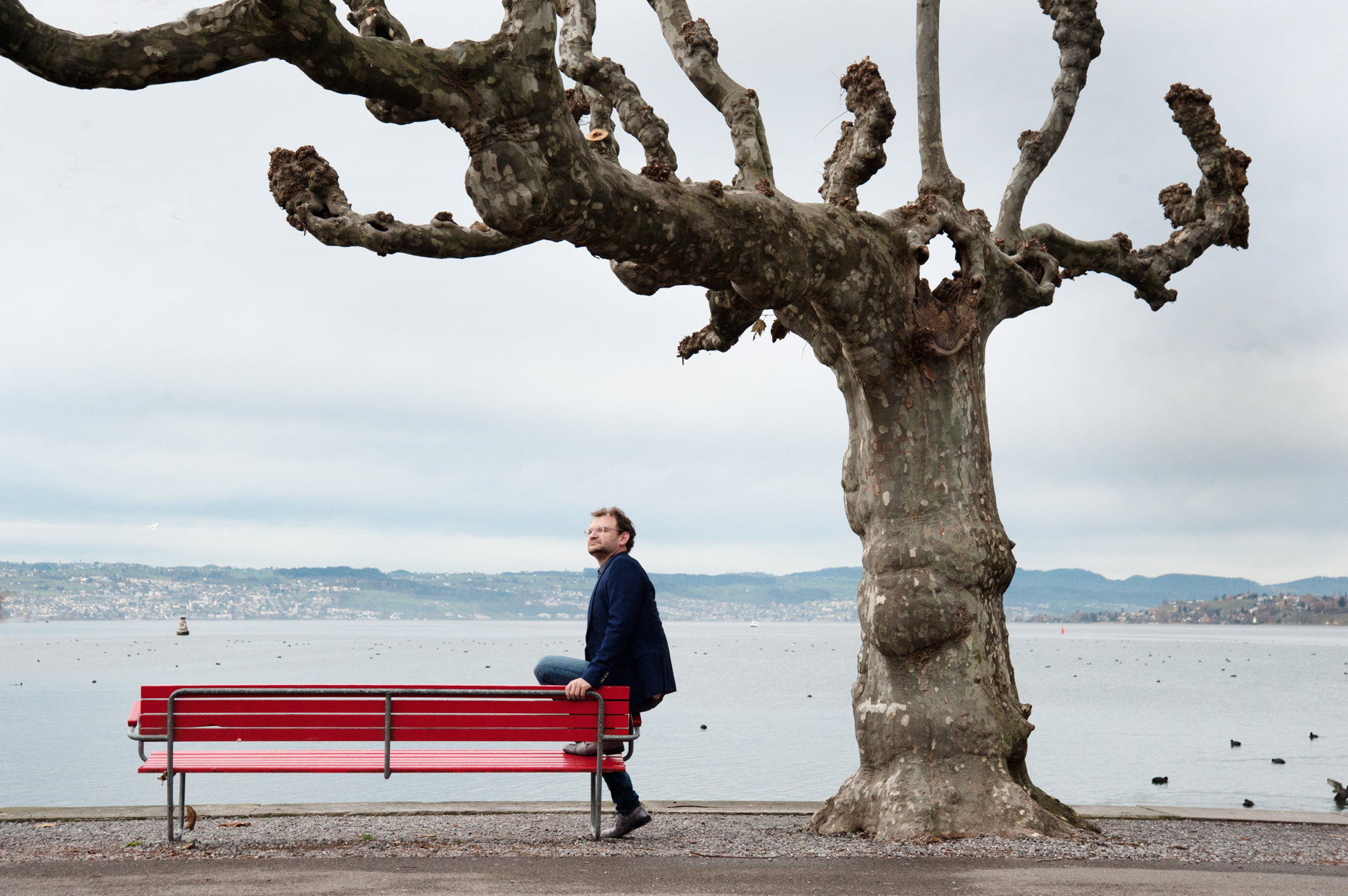
This year’s Bern Music Festival will take place from September 1 to 5 under the motto “schwärme” (swarms) with works and world premieres by Salvatore Sciarrino, Fritz Hauser, Jürg Frey, Johanna Schwarzl, Hans Eugen Frischknecht, Pierre-André Bovey, Thomas Kessler and Jean-Luc Darbellay, among others.
The festival also features a cinema matinée on György Ligeti (documentary: Wenn die Zahnräder Menschen sind, 1996) followed by a discussion between Michael Pelzel, composer in residence, and Thomas Meyer, music journalist (Thursday, 2.9., 10h).
World creations by Michael Pelzel:
Aus 133 Fenstern, Mittwoch, 1.9. 17h
Streamed Polyphony, in concert: Open the Spaces, Mittwoch, .1.9. 19h
Glissomania, in concert: Durch unausdenkliche Wälder, Freitag, 3.9. 21h
La Luna, in conczert: Ferne Lichterschwärme, Samstag, 4.9. 19h
Harmonies / ...stream of debris… in concert: Con Passione, Sonntag, 5.9. 17h
Neo-Profiles:
Musikfestival Bern, Michael Pelzel, Camerata Bern, György Ligeti, Georg Friedrich Haas, Thomas Kessler, Jürg Frey, Jean-Luc Darbellay, Fritz Hauser, Pierre-André Bovey


